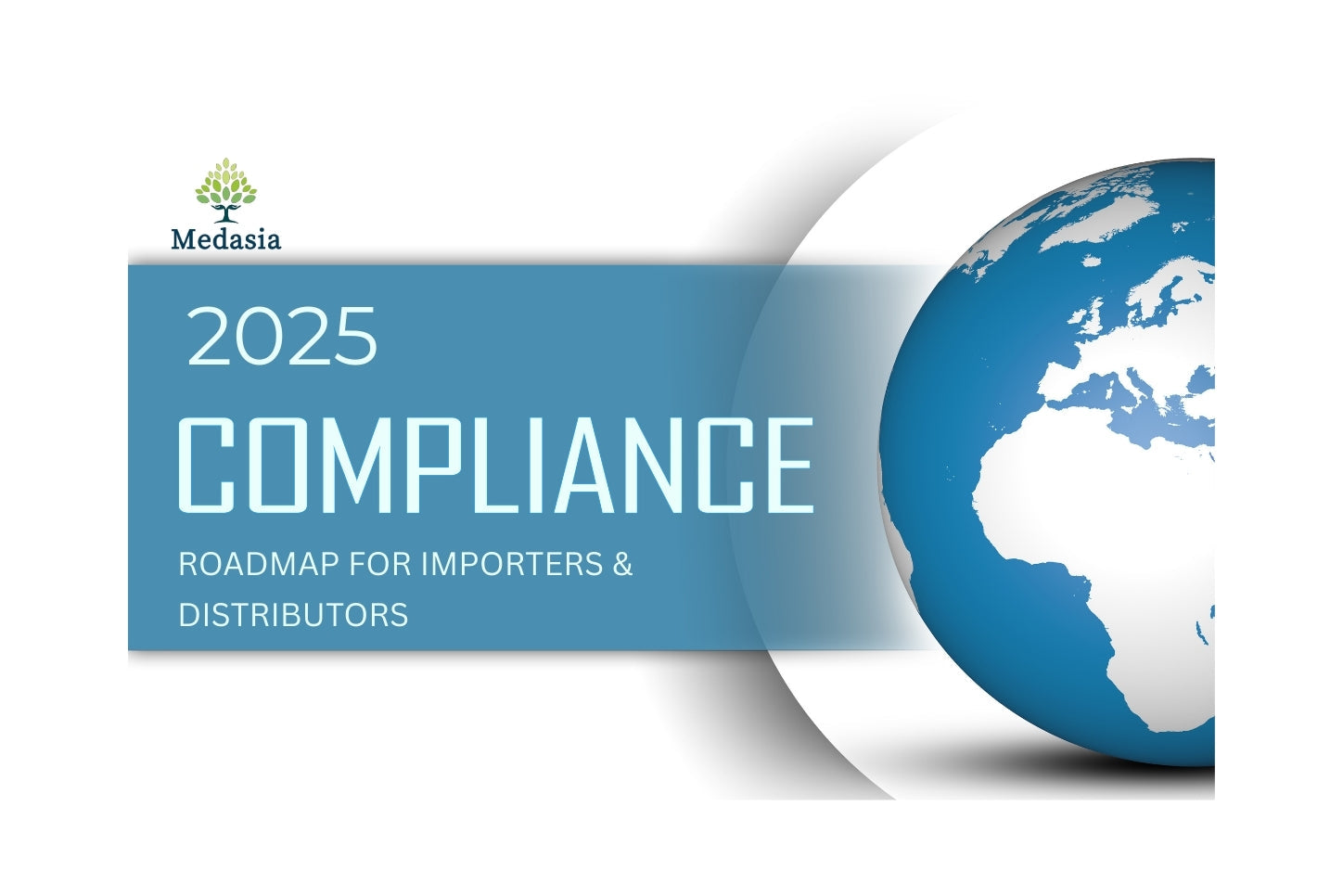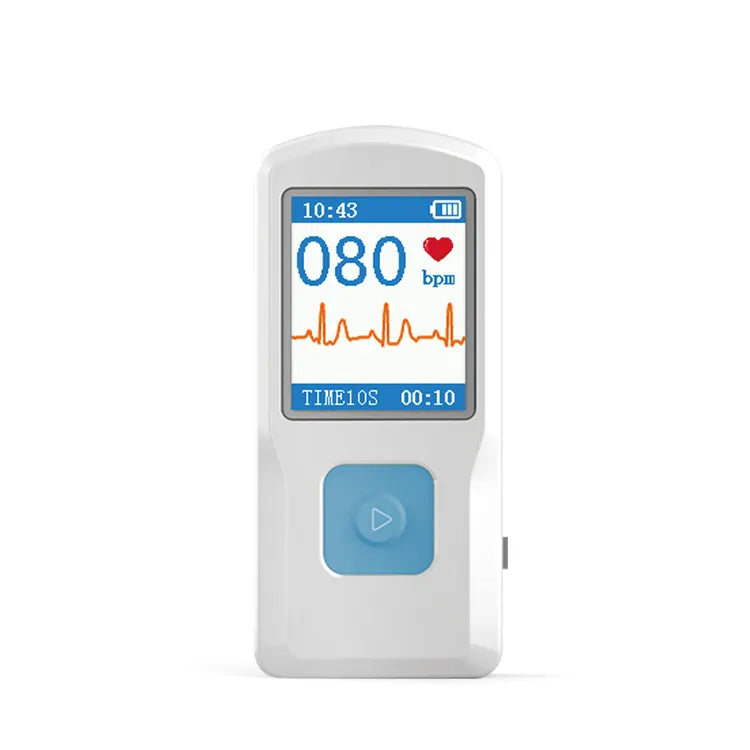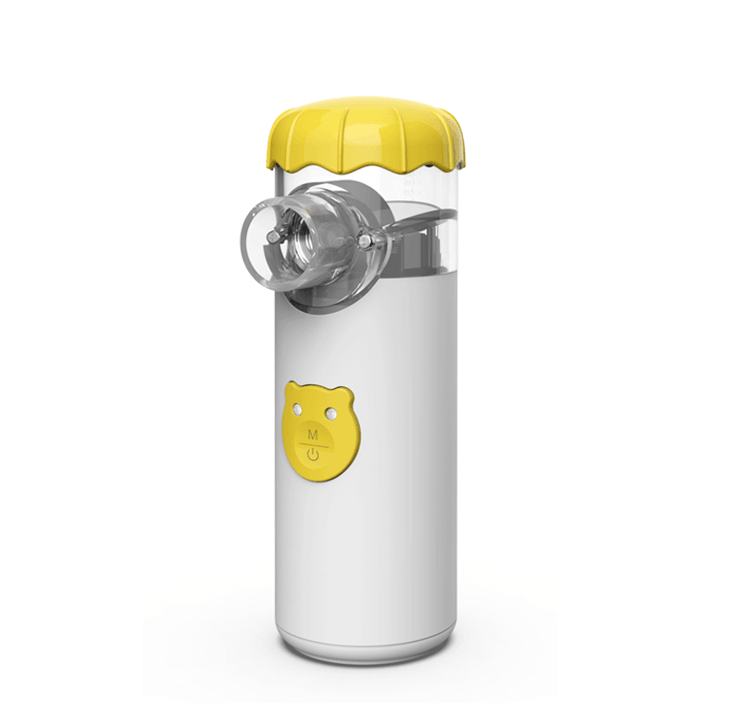The 2025 Compliance Roadmap for Importers and Distributors

Introduction: A New Era of Compliance
By 2025, medical device importers and distributors will face one of the most significant regulatory shifts in decades. The European Union's MDR (Medical Device Regulation) and IVDR (In Vitro Diagnostic Regulation) deadlines are closing in, while the U.S. FDA is transitioning from its long-standing Quality System Regulation (QSR) to the new Quality Management System Regulation (QMSR), fully harmonized with ISO 13485.
For importers and distributors, this isn't just paperwork. These changes affect market access, customs clearance, liability, and ultimately, your bottom line. Companies that adapt now will secure an advantage; those that delay risk delays, fines, and lost trust.
At MedAsia Group, we believe compliance shouldn't be a barrier to growth. Instead, it can become your strongest selling point. Here's what every importer and distributor needs to know — and how to prepare a clear roadmap for 2025.
Why 2025 Is a Turning Point

The EU: End of the Grace Period
The European Commission has already extended some MDR/IVDR deadlines, but by 2025, most "legacy devices" will lose their transitional certificates. This means every product must fully comply with MDR or IVDR to stay on the market.
- MDR (EU 2017/745): Stricter clinical evidence, post-market surveillance, and UDI requirements.
- IVDR (EU 2017/746): A massive reclassification of IVDs — under IVDD, about 20% needed Notified Body review. Under IVDR, up to 80% do.
For importers, this means that low-risk products you once imported freely may now fall into higher classes requiring new certificates, labeling, and vigilance systems.
The U.S.: FDA Aligns with ISO 13485
In February 2026 (with implementation ramping through 2025), the FDA will replace QSR with QMSR, directly aligning U.S. quality requirements with ISO 13485: 2016.
This move simplifies global trade — one system for multiple markets — but also means importers must verify that their suppliers are ISO 13485-certified.
In short: both EU and U.S. authorities are raising the bar at the same time.
Key Changes Importers Must Know

1. Product Classification Shifts
- IVDs that were Class A under IVDD may now be Class B or higher under IVDR.
- More products require Notified Body review, clinical performance studies, and vigilance reporting.
2. UDI (Unique Device Identification)
- Labels, packaging, and in some cases the device itself must carry a compliant UDI.
- Importers must ensure this data is correctly registered in EUDAMED (EU database).
3. Importer & Distributor Liability
- Under MDR/IVDR, importers are no longer "passive middlemen."
- You must verify CE certificates, keep copies on file, check labeling, and report incidents.
- If the manufacturer fails, regulators will turn to you.
4. Post-Market Surveillance
- Ongoing vigilance is mandatory.
- Importers must report incidents and cooperate with authorities during investigations.
FDA QMSR & ISO 13485: Global Impact

The FDA's QMSR rule effectively eliminates the gap between U.S. and EU quality standards.
For importers, this means:
- You can streamline supplier audits around one standard (ISO 13485).
- But you must ensure every supplier truly complies, not just on paper.
- Expect FDA inspections to demand ISO 13485 evidence.
Tip: Ask every supplier: "Do you hold a valid ISO 13485:2016 certificate, issued by a recognized body?"
The Risks of Ignoring Compliance

Failure to prepare for MDR/IVDR and QMSR isn't just a theoretical risk. It has immediate consequences:
- Customs delays: Shipments blocked due to missing UDI or registration data.
- Market bans: Products withdrawn if CE certificates are invalid.
- Financial losses: Recalls, fines, and destroyed inventory.
- Reputation damage: Losing distributor or hospital trust in your brand.
Real Case: One MedAsia client nearly lost access to the EU market because their packaging lacked updated IVDR-compliant labeling. Our team caught the error during inspection, corrected it, and helped them avoid a costly recall.
The 2025 Compliance Roadmap
To simplify the path forward, here's a step-by-step roadmap for importers and distributors:
1. Audit Your Product Portfolio
- Map every SKU against MDR/IVDR classification.
- Flag products requiring new Notified Body approval.
2. Confirm Certification Status
- Check CE marking validity.
- Ensure ISO 13485 certification is current.
3. Register with Authorities
- Verify EUDAMED entries.
- Check local MOH registrations (Italy, Romania, Slovakia, Czech Republic, etc.).
- Confirm FDA device listings for U.S. imports.
4. Implement UDI System
- Update labeling and packaging.
- Cross-check UDI data in EUDAMED and FDA GUDID.
5. Strengthen Post-Market Surveillance
- Train distributors on vigilance and reporting.
- Keep complaint-handling SOPs updated.
6. Work with Trusted Partners
- Choose suppliers who understand compliance.
- Partner with sourcing/QC specialists like MedAsia who inspect,document, and ensure readiness before shipment.
How MedAsia Supports Importers & Distributors
At MedAsia HealthCare, we've built our business around one principle: compliance is non-negotiable.
Here’s how we help importers and distributors succeed:
- Compliance-first sourcing — We only work with CE-marked, MDR/IVDR-ready, ISO-certified factories.
- On-the-ground quality control — Our team in China performs detailed inspections, catching issues before goods ship.
- Documentation & MOH support — From CE certificates to UDI checks and MOH filings, we simplify the paperwork maze.
- Risk mitigation — We've secured compensation for clients when suppliers failed to meet requirements, protecting their investment.
When your reputation is on the line, you need a partner who treats compliance as seriously as you do.
Conclusion: Turning Compliance into Competitive Advantage
2025 doesn't have to be a year of disruption. For proactive importers and distributors, it's an opportunity to stand out as reliable, forward-thinking partners. By aligning with MDR, IVDR, and QMSR today, you not only avoid risk — you position yourself as the kind of business regulators, hospitals, and patients can trust.
At MedAsia, we don't just deliver products. We deliver peace of mind.
Call to Action
✅ Download MedAsia's Free 2025 Compliance Checklist
✅ Book a 15-minute consultation with our compliance team today, please feel free to reach out to us info@medasiagroup.com
Together, we can turn regulation into opportunity — and compliance into growth.
WE RECOMMEND
Related posts
- Subscribe MedInsights
- Subscribe MedInsights
- Subscribe MedInsights
- Subscribe MedInsights
- Subscribe MedInsights










